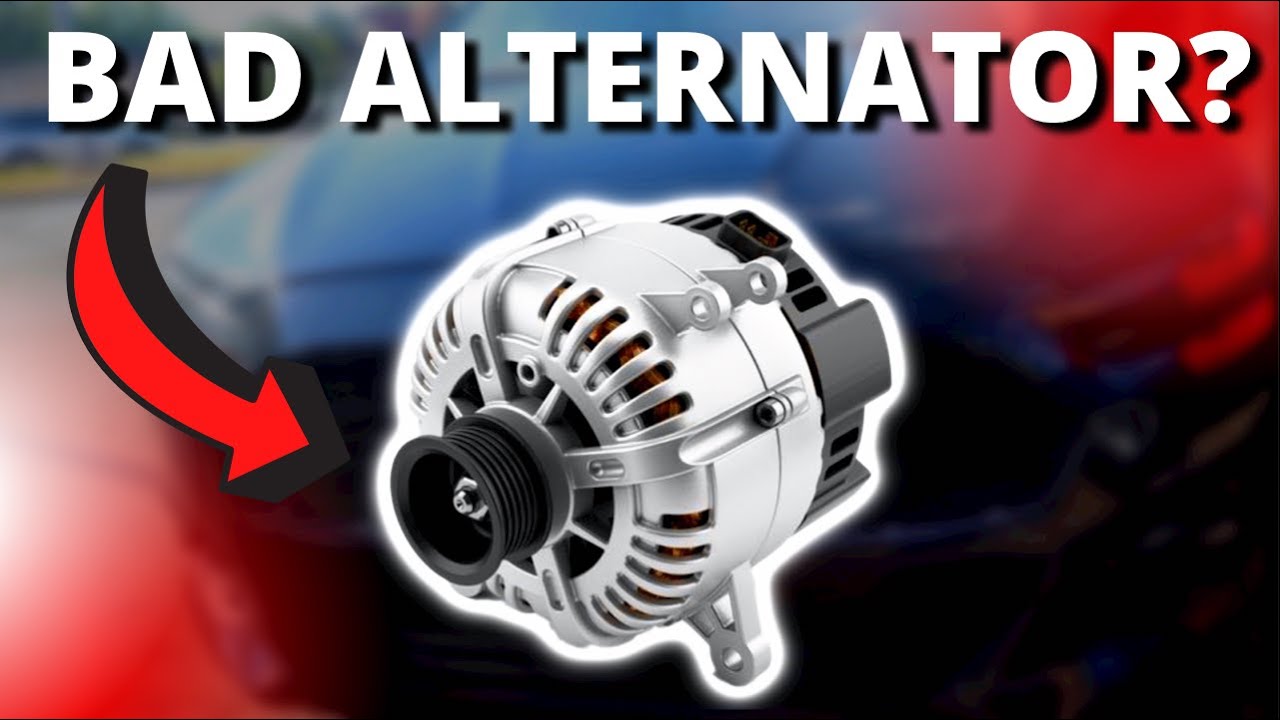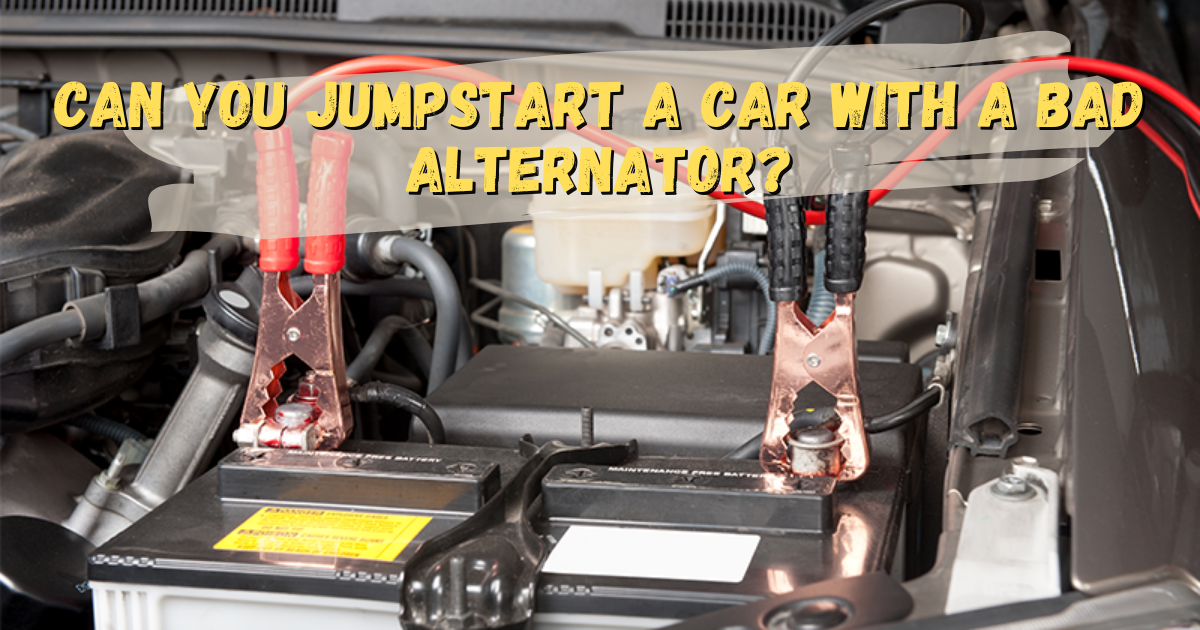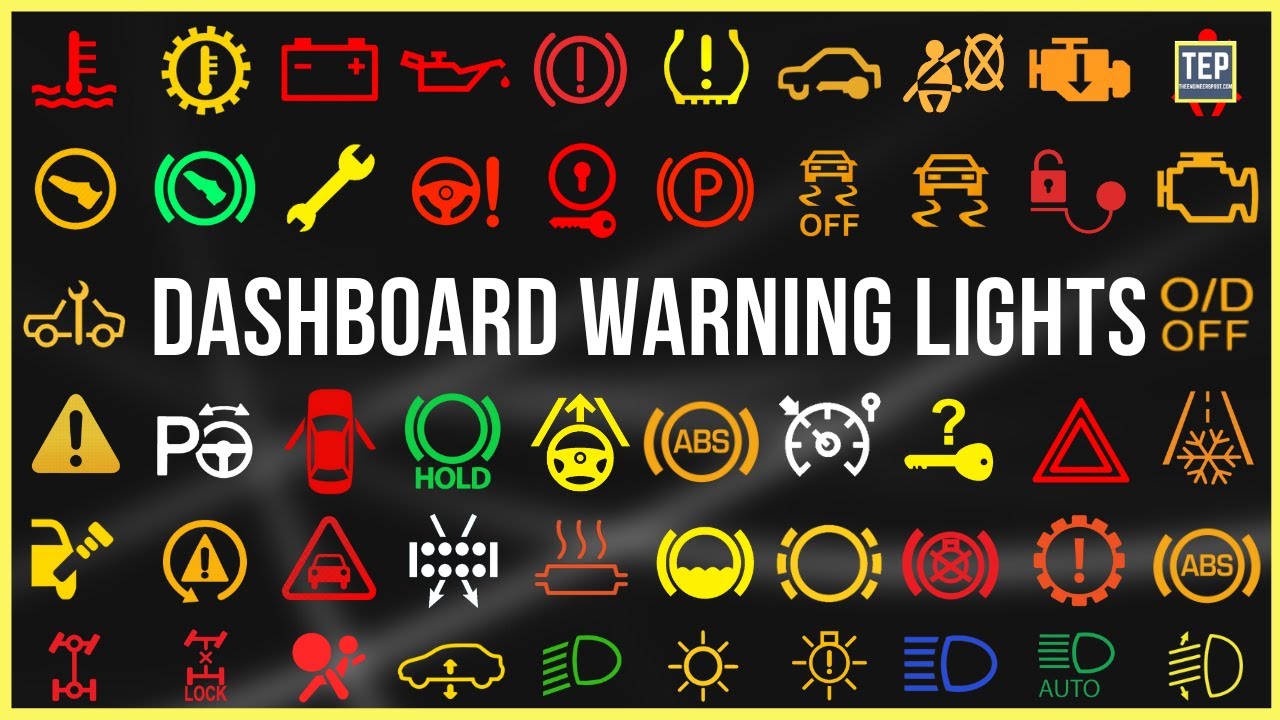The alternator, which is also known as a generator, makes electricity that powers all the electric accessories while the driver is on the road. If the car’s generator doesn’t work or doesn’t work well, the battery will die after only a couple of miles of driving. The generator can undercharge the battery, but it can also overcharge it, which is much worse and can cause a lot more damage.
What Causes an Alternator To Overcharge
The generator can overcharge for a few different reasons, but most of the time, it’s because the voltage regulator is broken. However, you should still check the wires and remember when the last time one was replaced was. Now, let’s talk about what makes the engine overcharge.

Voltage Regulator
Just like its name says, the voltage regulator controls the voltage that the generator makes. A better way to say it is an alternator driver. After connecting to the battery, the voltage regulator is told how much energy it has picked up. The voltage regulator then either raises or lowers the power of the alternator to keep the battery charged.
But if the voltage regulator stops working, the generator will start putting out its full power, which is much more than the battery can handle and will damage other electrical parts.
Damaged Wiring
There was already talk about how the battery tells the voltage regulator how much power it needs. Well, that signal won’t work or will be wrong if the signal wire is broken, rusted, or damaged. That makes the same thing happen as if the voltage control were broken.
You should also look for corrosion and damage in the battery ground line. The voltage indicator will go down if the battery ground is bad. The voltage regulator then raises the output voltage to values that are too high.
Old Battery
To begin, it’s important to note that a typical lead-acid car battery will last three to four years before it starts to lose power. If that’s how long it’s been since you had a new one, you should pay the most attention to the battery.
The battery can no longer hold power when it gets old or broken. This means that the voltage can’t go above 12 or even 11 no matter how much you charge the battery. Now, that 11- or 12-volt signal is sent to the voltage regulator. This makes the alternator power stronger so that the battery can be charged. However, since the battery can’t hold a charge, it will stay overcharged until you replace it.
Alternator Overcharging Symtpoms

You can tell the alternator is overcharging because the number on the battery voltage gauge will be too high if your car has one. Most cars, though, don’t have this kind of gauge, so you may notice that the lights are brighter than normal and the bulbs don’t last as long.
Also, there may be a strong acidic smell in the cabin, which smells like rotten eggs. This means that the battery is too charged and is leaking acid. But first, the battery will get too hot after a short drive, and the case will swell on all sides.
There may also be a check engine light, a battery warning light, and a bunch of other electrical gadgets that act up or shut down randomly, like the entertainment system. Some easier electrical parts, like power windows, may also stop working.
Finally, you may hear a high-pitched buzzing sound when you start the engine. The sound gets louder and softer as the engine speeds up and slows down. Also, when the radio is on, you’ll hear the buzzing the most.
Alternator Overcharging Symptoms – List
- Battery voltage gauge readout is high
- Lights brighter than usual
- Light bulbs burn out too often
- A sulfuric smell in the cabin while driving
- Battery overheating
- Battery bulging
- Check Engine Light
- Battery warning light
- Infotainment system issues
- Random electrical problems
- High-pitch buzzing when driving
Conclusion
In the end, a broken voltage regulator is most likely to blame if your generator is pulling too much power. When you changed the battery last, it was probably two years ago. So, before you do anything else, you should test it. Before you change the voltage regulator, make sure that none of the wiring in the generator or the ground strap for the battery is damaged, corroded, or missing insulation.




